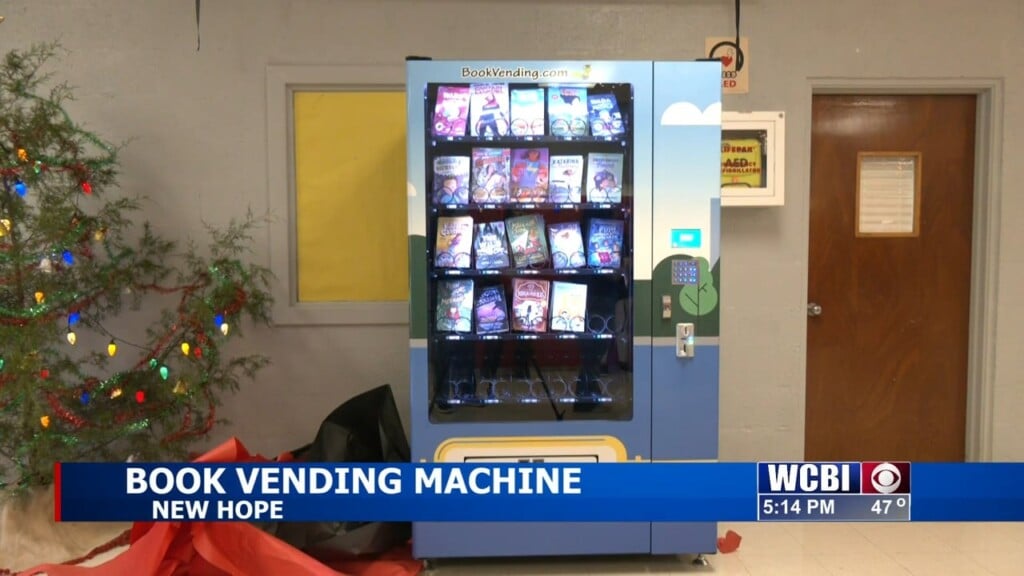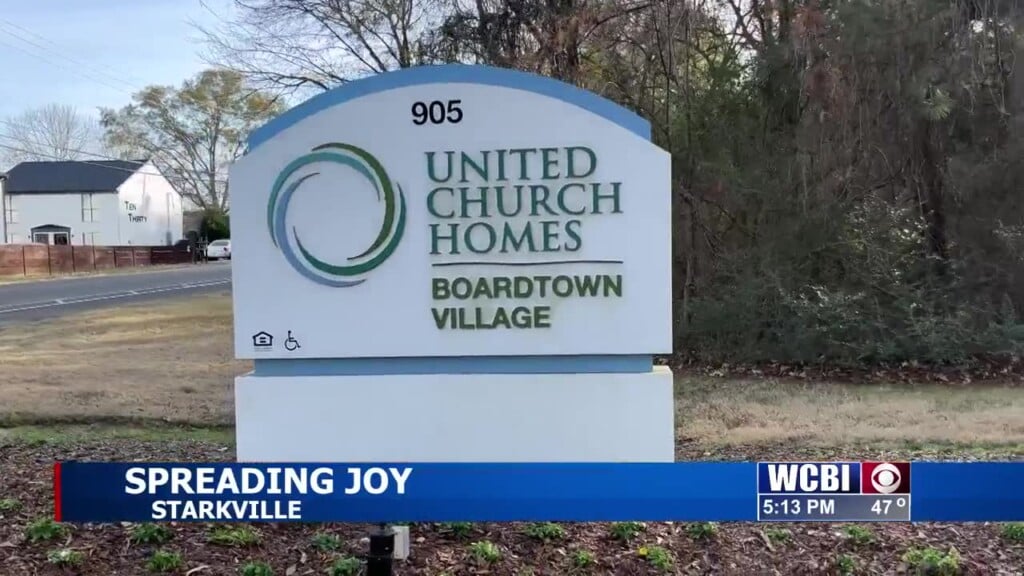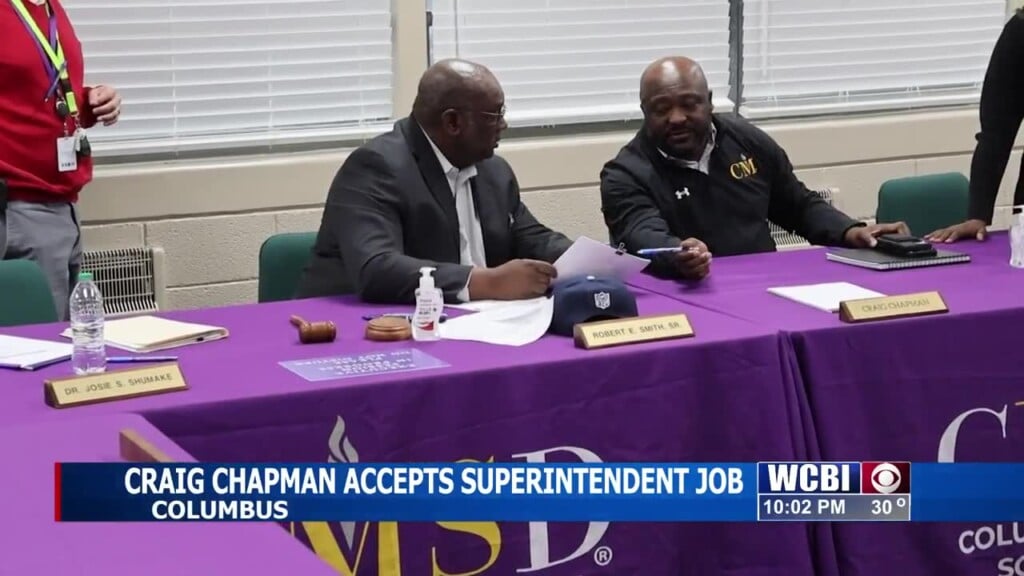Taking A Look At The Role Beauty And Barber Shops Play In The African-American Community
COLUMBUS, Miss. (WCBI)- It’s a special place in African-American communities, barber shops and beauty salons.
People usually leave feeling good both inside and out.
For generations, barber and beauty shops have been a centerpiece of African-American culture.
These establishments are unique and serve as places people go to for more than just a touch up.
At one time, they were one of the few places African-Americans could gather and discuss what’s going on in the community.
“They used to call this the black man’s country club,” said Bobby Jordan, owner of Jordan’s Barber and Style Shop in Columbus. “We come in we try and get our haircut and get a good style, but it’s also an opportunity for us to talk to each other. It’s an opportunity to tell a young man about what’s right, which way he should go, a chance to talk about politics, a chance to just express ourselves that we might not could say otherwise.”
“In the black community this is a spot everybody can come to and it’s one of the centers of the black community,” said Brandon White, who’s a barber at Maijor’s League Barbers.
One reason behind their prominence is because at one time, barbershops and beauty salons were one of the few businesses African-Americans owned.
“It’s one of the only things that a black person could do on his own was cut their hair, and that’s the number one thing,” said Jordan. “We used to cut the other people hair, but the only thing we might have to do is borrow your sheep shears to do it, but it’s something we could do on our own.”
“I can go as far back as into slavery days, there were slaves that had to administer hair services to their slave owners,” said Frances Stephenson, owner of Martha’s Kut and Kurl. “By them using the tonics to do our hair they became entrepreneurs once they became free. This is something they had already started when they were in slavery, and after slavery they just went on and took it to the next level.”
For Stephenson, the salon plays an integral part in her life. Ever since she was little, she’s been in a beauty shop. She’s worked in the salon for 36 years as a cosmetologist, and is now the owner of Martha’s Kut and Kurl, a beauty shop she inherited from her mother.
“This is my way to communicate with the community,” she said. “Every since I was a little girl watching my mother do hair, it was always about love and that family bond.”
Both the hair salon and barbershop have a lot in common, including being cultural and economic drivers in the African-American community.
For many people the shops are financial security and a way to provide for their families.
By way of his clippers, White has held a job in the barbershop for 15 years.
Now, he uses the shop not only as stability for himself, but to give others a chance at employment.
“The shop I come from, we used to check the kids report cards, and if they’re doing good and they want to work, then we would provide them a job after school,” said White.
“For the economy, yes it has always been a great moneymaker,” said Stephenson.
“It means a lot to me,” Jordan expressed. “It’s a tradition, my father worked hard and he got it started and got it established, so I’m going to try and do what I can to keep it going. My son is now in the business, so hopefully we can keep it going.”
See, the shops serve as a place of business and fellowship all under one roof, and they take pride in giving back to the community.
From a crisp line up to a nice hair flip, strangers become friends, and clients become family.
Both establishments are vital in the African-American community, and many believe it will continue to remain that way.
“The way we show love man, the energy we give, just the way we interact with people,” said White. “We are always trying to do something with the people and the community.”
“As long as we love ourselves, we’re going to take care of ourselves and we’re going to make sure that we look good, so no, I don’t think we will ever go out of business,” said Stephenson.
“I wish the people in the community would recognize what it is and try and help us keep this going,” said Jordan. “We as a people are losing too many things that we started out with. We’ve been around this long, so it’s a good example also to show people what’s possible.”





Leave a Reply